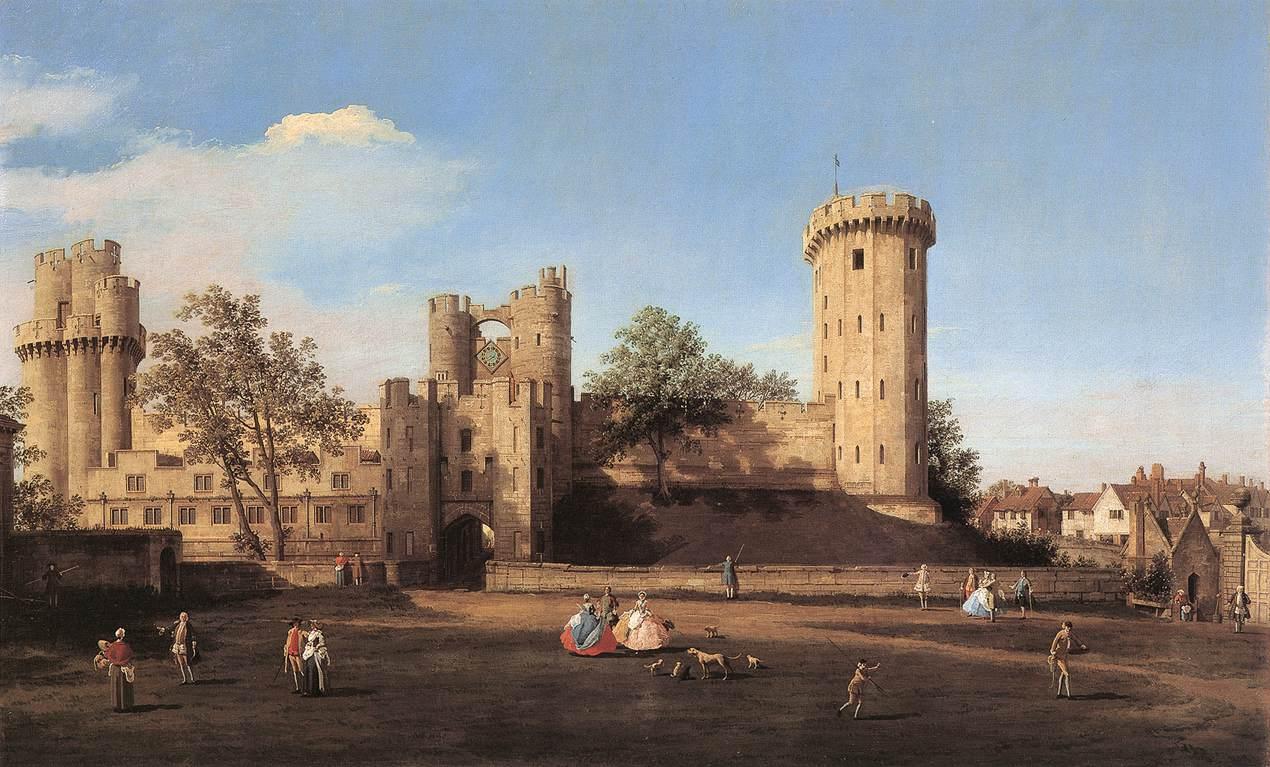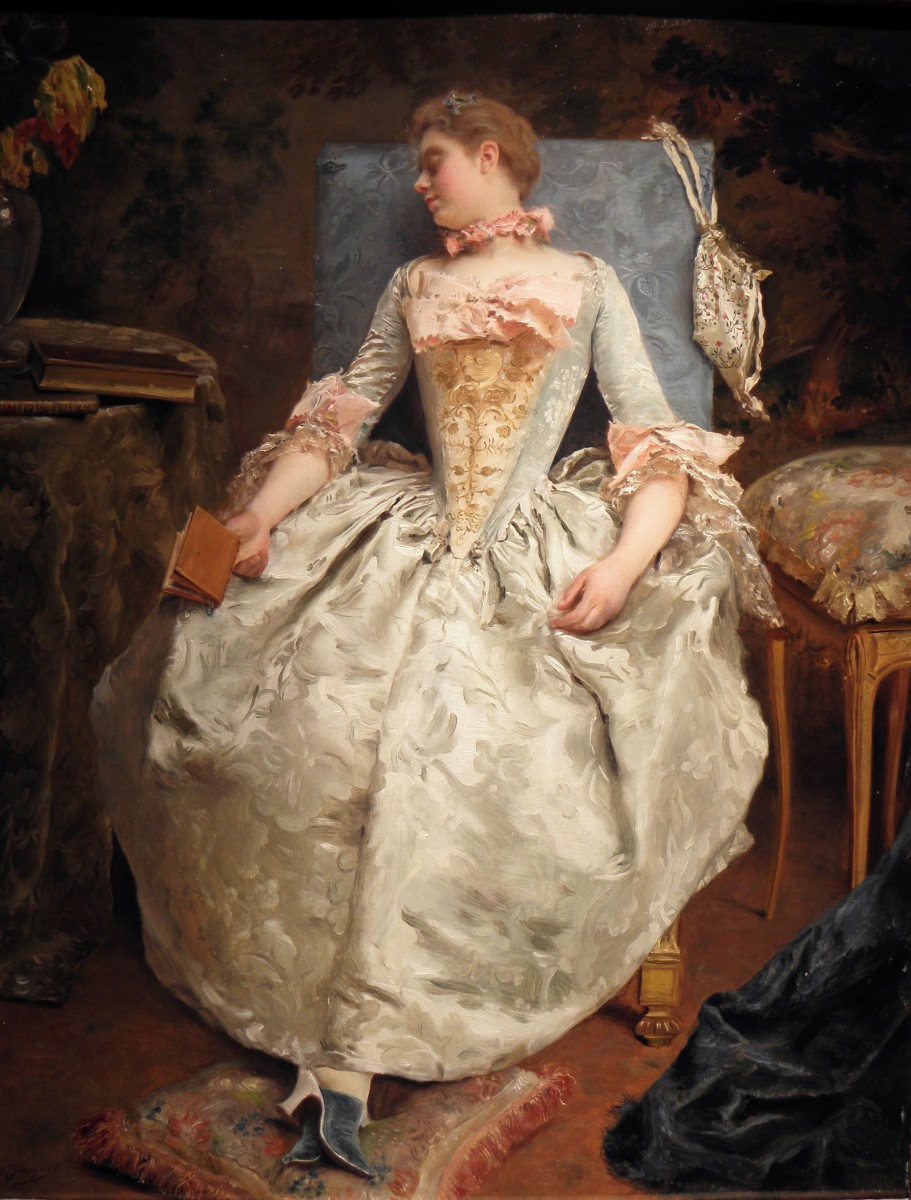Verse Forms as Evokers of Poetry
I wish to dispute the notion that a “poem” arrives in the formal poet’s mind as if it were a compressed computer file, which he or she then expands into the poem proper by versifying it. Somewhat similar to this conception of versecrafting is the procedure Ben Jonson said he employed, of composing his poems first in prose and then translating them into verse. If that was indeed his method, then he ought rightly to be called a “versifier,” one who makes over one kind of writing into another, just as does a translator of verse from one language into another, such as Chapman, Pope, and Fitzgerald have done in translating Homer.
My experience, at least, is otherwise: the less I know in advance of what I’m going to write in one form or another, the happier the results. Committing myself to playing the game of a particular form—a sonnet, a villanelle, heroic couplets, a sestina, a limerick, a haiku—is like sitting down to a chessboard and beginning that game. I may have a strategy in mind, a general drift I hope to follow, but it all depends on the opposition I encounter whether the game will proceed as I wish it to initially. Plenty of surprises pop up along the way, and unforeseen adjustments and accommodations must be made—just as in whitewater rafting when you have to respond spontaneously to the sudden rocks and dips and bends rushing at you. So it is with the unforeseeable exigencies of meter and rhyme constantly confronting the versemaker as the stream of thought tumbles along.
I see verse forms chiefly as evokers of new thought, rather than as conveyors of ready-made thought. Rather than beginning with a “poem in the mind”—a sort of Platonic idea of a poem that is yet to be embodied and realized in the particular verbal vestments of a verse—I begin with an initial notion, a phrase, a line at most, and start to write. Quite likely from habit it emerges in iambic pentameter or tetrameter, and I go on from there to discover whether I’ll rhyme the next line or the one after or maybe none at all. But if, as is usual, I commit to a rhyme scheme, then I give myself even less likelihood of knowing in advance where my verses will take me, and the adventure of discovery begins in earnest. Then the metrical and rhyming imperatives will evoke from my subconscious mind whatever sense I need to make in order to spin out the thread of thought that ties my poem together: and voilà!
“How do I know what I think till I see what I say?”—that old adage for essayists goes doubly for versecrafters, or at least for me. The composing process is full of surprises, unexpected turns of thought, sudden revelations. “No surprise for the poet,” said Frost, “no surprise for the reader.” I know what he meant.
Why I Write Formalist Verse
I write verses in traditional forms like sonnets and iambic pentameter couplets because I enjoy reading great poems in that traditional style and seek to imitate, emulate and update its artistry, turning it to contemporary matters and idioms, while preserving its ancient musicality and lyric allure.
Let other poets experiment and innovate, as they have done over the last century, establishing new aesthetic parameters, new modes and manners of poetry—a word that at root indicates nothing more than “something made,” the poet being but “a maker.” Yet what I prefer to make are words that sing, sweet words in measured verses, rhythmically aligned, that carry out a thought, yet bring more sense to sense through aural harmony.
(For those with ears to hear, the previous sentence contains a quatrain.)
Why I Write Sonnets
Why is a sonnet my favorite verse form to write?
Because it offers me the most adventurous hour or two I can spend while sitting in an easy chair—mentally adventurous.
The process of writing a sonnet continuously drives my mind in novel, unpremeditated directions, seeking out rhymes that advance and invent my thoughts on the fly, thoughts shaped as well by the metrical hurdles each iambic foot must leap or skip.
In fourteen pentameter lines, approximately 140 syllables, a small journey of discovery unfolds, looping from quatrain to quatrain, perhaps taking a turn of thought at the sestet, while seeking a destination that won’t be known until the last rhyme rings home to shut the couplet and seal the poem.















